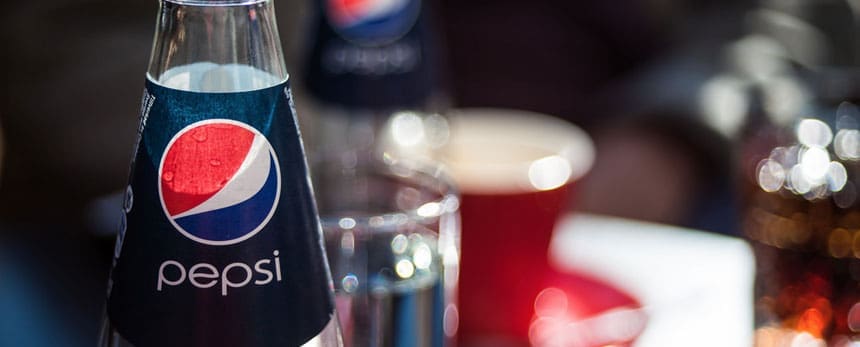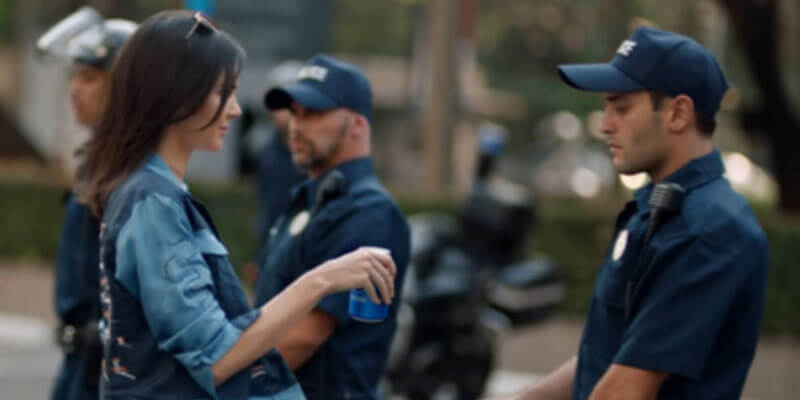
Amplify your reach and drive results with our tailored paid media strategies.

Influencer marketing has come a long way over the past few years, and on the whole, brands are recognising the importance of collaborating with individuals where there is a natural and genuine fit, through the core values they share maybe, and the audience they are impacting. The requirement to demonstrate authenticity has also never been greater and today’s consumers can be unforgiving when a sponsored relationship appears too forced or artificial. A study last year by Collective Bias, for example, found that nearly a third of consumers surveyed are more likely to purchase a product endorsed by a social influencer than a traditional celebrity, owing to the apparent lack of authenticity in some brand-celebrity tie-ups.
While a couple of years ago brands might have been fighting to partner with a sought after influencer boasting a massive online following, today they are understanding that top tier talent won’t always be the best fit for reaching their target audience. Sometimes it’s the less obvious collaborations, or influencers within the mid-tier, that are offering the best long-term results.
But researching influencers and their audiences is a time consuming task, and brands don’t always seek access to audience data before selecting an individual to work with. Unfortunately some brands have learnt the hard way, partnering with an influencer who they felt at the time had the right appeal, but were maybe attracted to them for the wrong reasons or through gut instinct, without being certain that the audience would be a good fit.
Here are a few examples of what can go wrong, when the relationship between a brand and influencer isn’t as authentic as it needs to be…
Subscribe to our monthly newsletter.
A recent example hit the headlines earlier in the year when Pepsi was forced to apologise and pull an advertisement that featured Kardashian sister Kendall Jenner, after it was accused of trivialising widespread protests against the killings of black people by the police. The campaign missed the mark totally: in attempting to recreate an impactful image of a serious protest when a black woman had stood firm against a line of riot police, the soft drinks brand instead featured white celebrity Jenner approaching a line of police officers and offering one a can of Pepsi, which he received with an appreciative grin. Unsurprisingly, the ad met a torrid of criticism from Jenner’s audience (and much further afield), with commentators saying the ad depicted the complete opposite of what had really happened, causing much offense.

Audiences know instantly when an influencer lacks passion for the brand or product they’re endorsing, and it doesn’t help when the individual makes it blatantly obvious that the post is staged. A good example of this was when reality star Scott Disick accidentally posted BOOTEA’s instructions for sharing his paid Instagram post, within the image caption itself. It read, “Here you go, at 4 pm est, write the below. Caption: “Keeping up with the summer workout routine with my morning @booteauk protein shake!” The mistake was instantly spotted by one of Disnick’s followers.
Amplify your reach and drive results with our tailored paid media strategies.
Amplify your reach and drive results with our tailored paid media strategies.
Subscribe to our monthly newsletter.